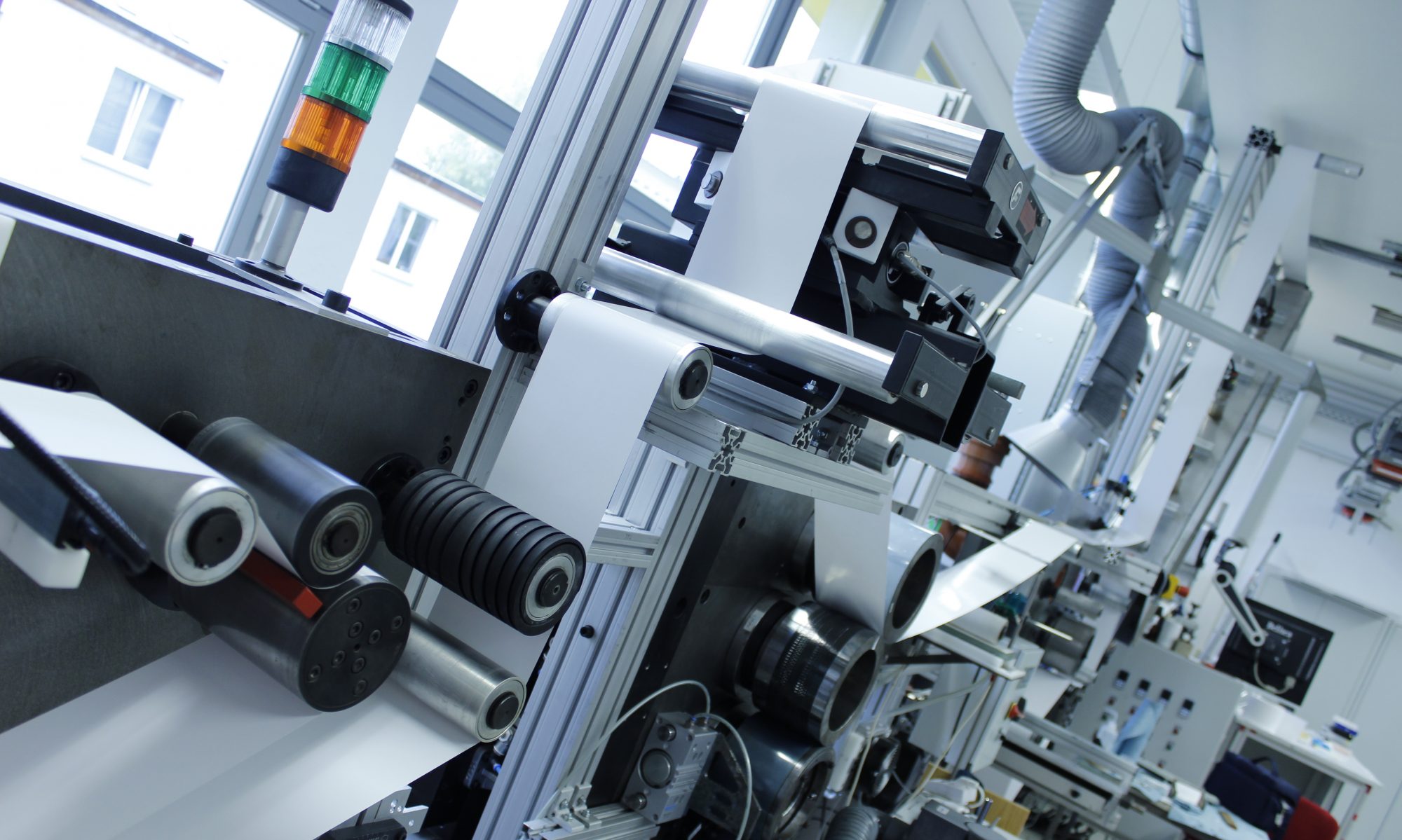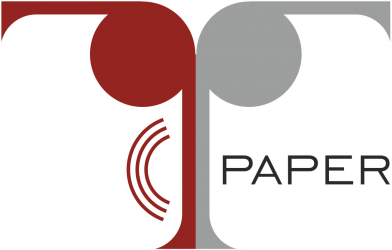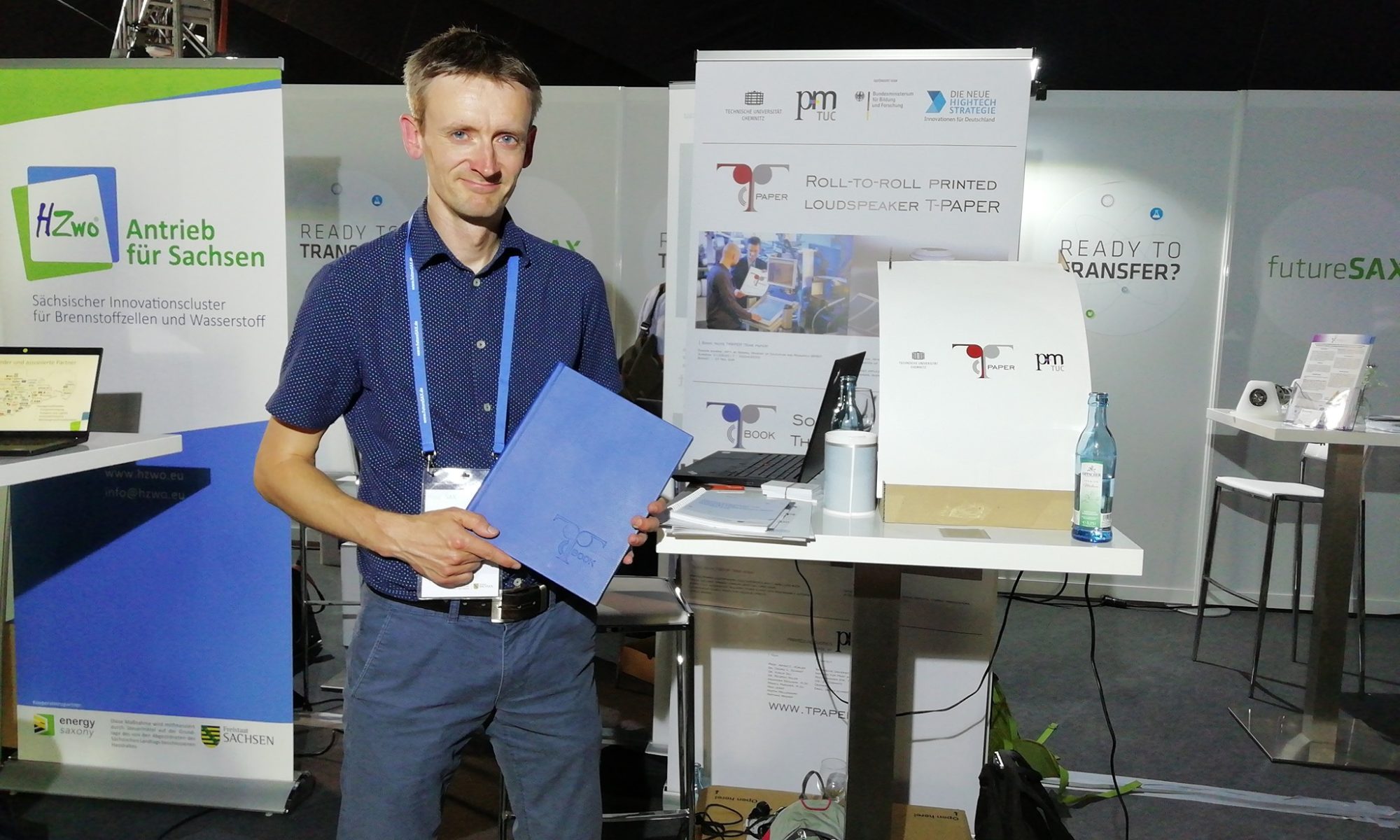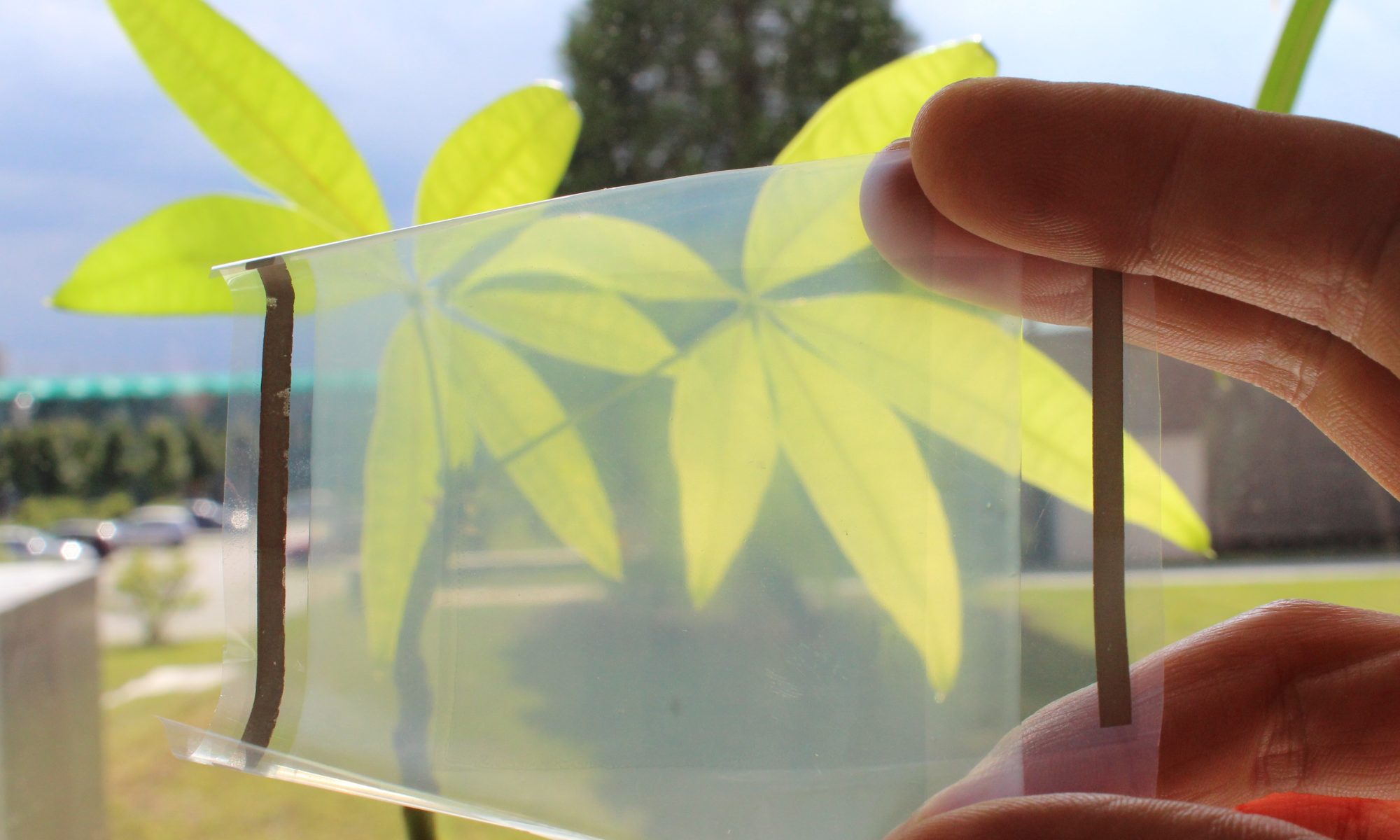PRESSEMITTEILUNG
Institut für Print- und Medientechnik der TU Chemnitz will mit dem Druck von Papier-Lautsprechern den Massenmarkt erreichen – Bund fördert das Projekt mit rund 1,4 Millionen Euro
Die Lautsprecher der Zukunft werden, wenn es nach dem Institut für Print- und Medientechnik der Technischen Universität Chemnitz geht, dünn wie Papier sein und Verpackungen und Fotobücher zum Klingen bringen. In den Labors der Chemnitzer Forscherinnen und Forscher ist dies nahezu Realität, denn sie entwickelten bereits 2015 das mehrfach ausgezeichnete „T-Book“ – einen großformatigen Bildband, der mit gedruckter Elektronik ausgestattet ist. Blättert man eine Seite um, dann beginnt diese durch einen unsichtbar im Inneren des Blatt Papiers befindlichen Lautsprecher zu tönen. „Das T-Book war und ist ein Meilenstein in der Entwicklung gedruckter Elektronik“, meint Prof. Dr. Arved C. Hübler, unter dessen Leitung dieser Technologietrend bereits seit 17 Jahren vorangetrieben wird und weltweit zunehmend Beachtung findet.
Die klangvolle Innovation aus Chemnitz wird bisher in einer halbautomatischen Einzelbogenfertigung hergestellt. Dabei werden ganz normales Papier oder Folien mit zwei Schichten eines leitfähigen organischen Polymers als Elektroden bedruckt. Dazwischen kommt eine piezoelektrische Schicht als aktives Element, was das Papier oder die Folie in Schwingungen versetzt. Laut und deutlich wird durch die Luftverdrängung der Sound erzeugt. Die beiden Seiten des Lautsprecherpapiers lassen sich farbig bedrucken. Da dies aktuell nur in einzelnen Bögen möglich ist, ist die Effizienz des Verfahrens sehr gering.
Deshalb gehen die Forscher des Instituts für Print- und Medientechnik seit Mai 2017 einen neuen Weg – hin zur kostengünstigen Massenproduktion. Ziel ihres aktuellen Projektes „Rollengedrucktes Lautsprecherpapier“ (kurz: T-Paper) ist es, die aktuelle Bogenherstellung in eine Rollenfertigung zu überführen. „Damit soll die Effizienz des gesamten Herstellungsprozesses erheblich gesteigert werden, um zukünftig beispielsweise Massenmärkte wie Fotobücher adressieren zu können“, berichtet Projektleiter Georg C. Schmidt. Zudem sei geplant, die Leistungsfähigkeit und die Anmutung des Lautsprecherpapiers zu optimieren. „Somit wird die Möglichkeit eröffnet, das Potenzial des Lautsprecherpapiers voll auszunutzen und auch auf weitere Anwendungsbereiche – zum Beispiel im Bereich der Sensorik – auszuweiten“, so Schmidt.
Das Projekt „T-Paper“ wird im Rahmen der Fördermaßnahme „Validierung des technologischen und gesellschaftlichen Innovationspotenzials wissenschaftlicher Forschung – VIP+“ vom Bundesministerium für Bildung und Forschung in den kommenden drei Jahren mit rund 1,4 Millionen Euro gefördert.
von Mario Steinebach, TU Chemnitz
Foto: TU Chemnitz/Uwe Meinhold







